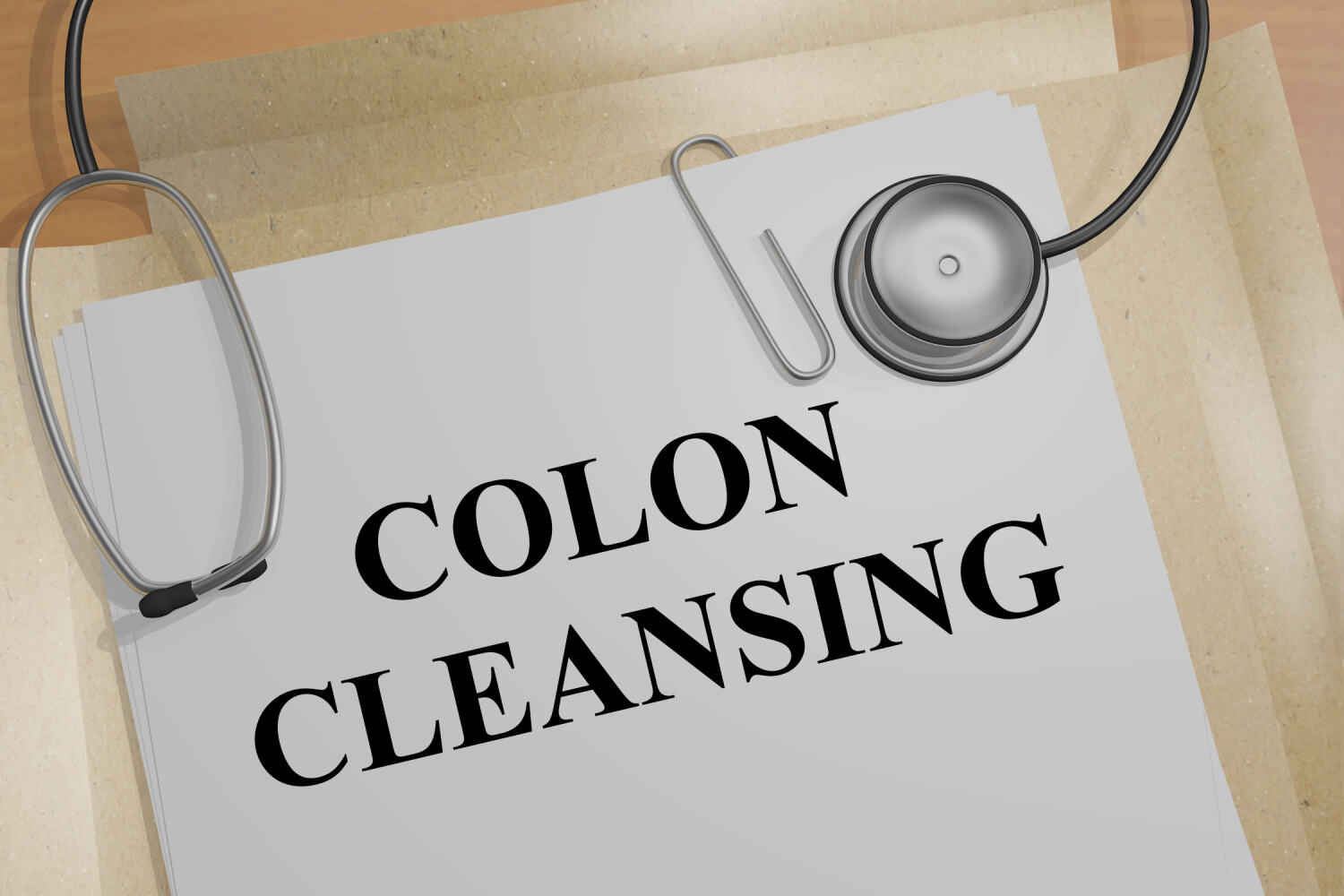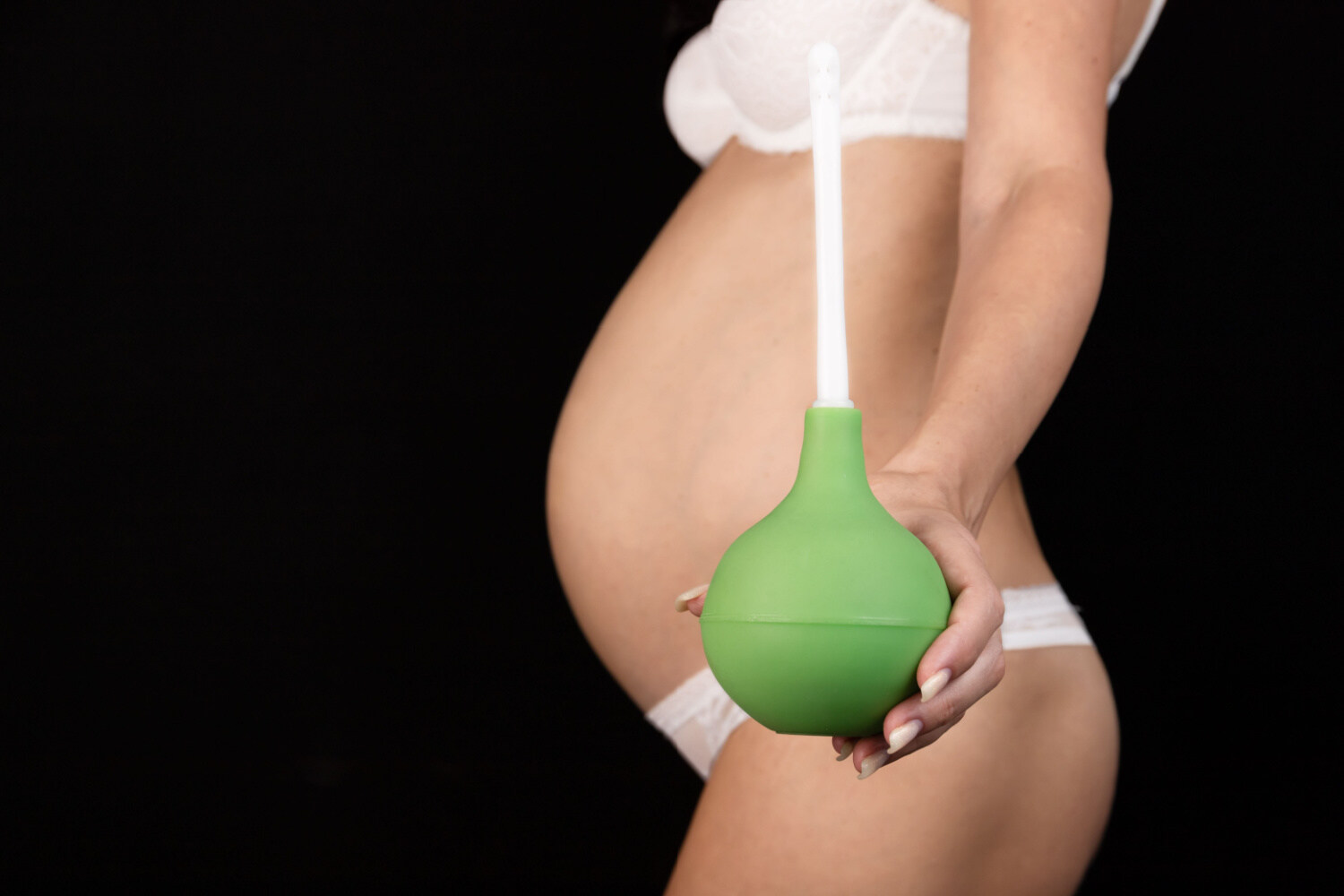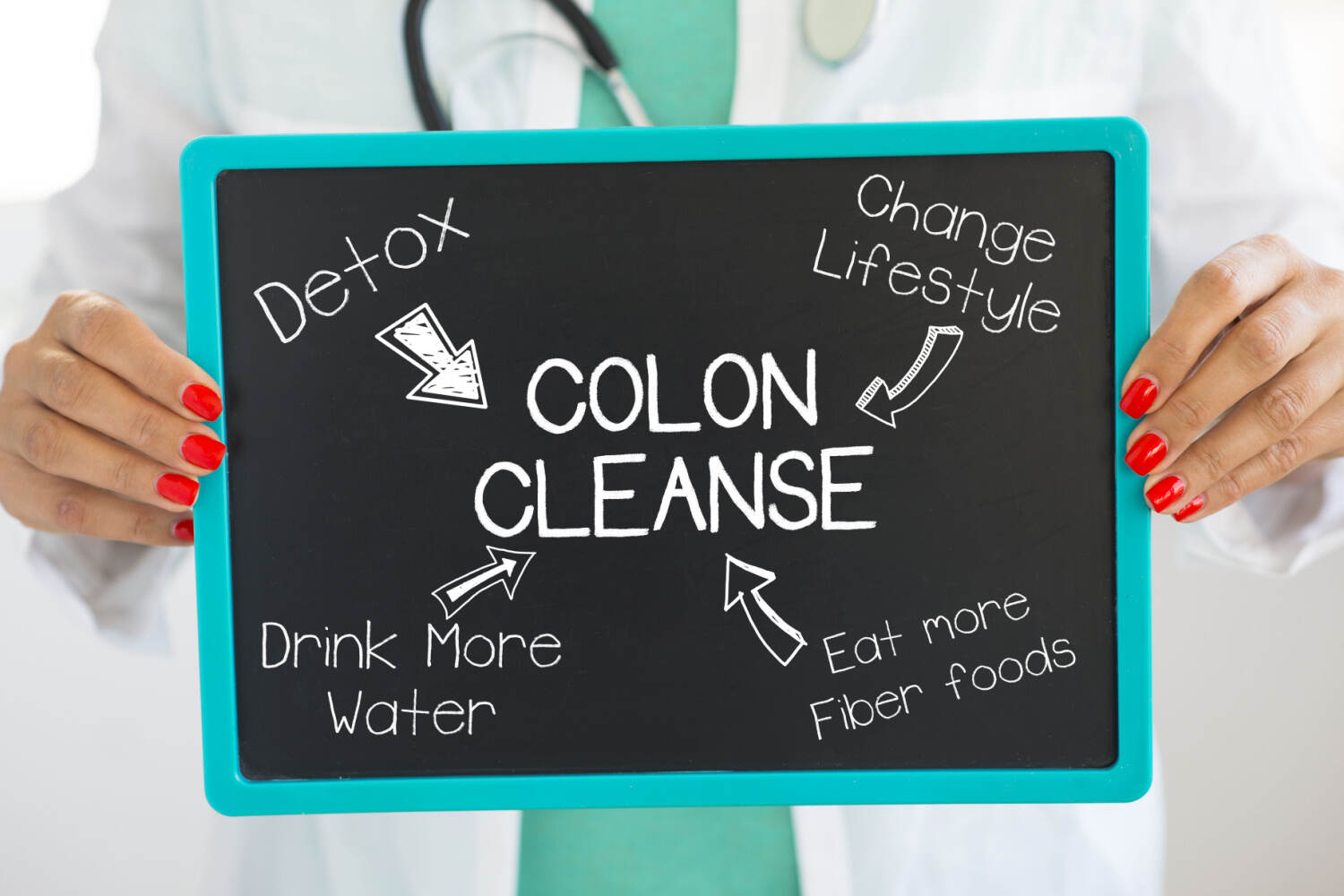
Gut health plays a pivotal role in the maintenance of overall health. When the toxin builds up in the colon or intestine, it may lead to poor absorption of nutrients, bloating, irritated stomach, and constipation. Healthcare practitioners, therefore, recommend colon cleansing to flush out toxins and achieve good gut health. It helps to relieve constipation, eliminate toxins, and improve the absorption of nutrients. Colon cleansing, also known as colon irrigation, is beneficial for maintaining good health, but is colon cleansing safe during pregnancy?
Colon cleansing isn’t necessary during pregnancy as it can stimulate premature uterine contraction—leading to the birth of the baby before maturation. In addition, it may cause pH and ionic balance disturbances that result in digestive issues in pregnant women. There are some safe alternatives available to maintain good gut health during pregnancy. Here is everything you need to know about colon cleansing during pregnancy, its possible side effects, and essential tips to maintain good colon health during pregnancy.
In This Article
- What is Colon Cleansing?
- Is Colon Cleansing Safe During Pregnancy?
- Side Effects of Colon Cleansing During Pregnancy
- Top 5 Tips to Help You Maintain Good Colon Health During Pregnancy
- When Should You Consider Seeing a Doctor?
- FAQ’s
What is Colon Cleansing?
Colon cleansing is a process of flushing out toxins using large amounts of fluid. The concept of colon cleansing is very similar to hydrotherapy, which uses oral laxatives, herbs, clay, and liquid polyethylene glycol (PEG) for cleansing. It involves flushing the water mixed with herbs and PEG through the rectum and removing it from the body. Oral laxatives are useful for cleaning the colon by inducing diarrhea. The procedure is used as a last method to treat patients with fecal impaction and chronic constipation.
Is Colon Cleansing Safe During Pregnancy?

Mommies to be, if you are experiencing digestive problems and thinking of having colon cleansing, then it is not the right decision. In fact, colon cleansing may cause more digestive problems instead of solving them. The oral laxatives can disturb ion balance, and the catheter used to flush toxins may cause inflammation in the colon region.
Side Effects of Colon Cleansing During Pregnancy
It is obvious that pregnancy can cause some uninvited digestive problems which eventually leads to constipation. Getting your colon cleansed during pregnancy might not be the right solution for your problem. Here are a few side effects of colon cleansing during pregnancy.
- It can cause abdominal bloating, dehydration, and damage to the health of the fetus due to severe dehydration.
- Colon cleansing can lead to potential injuries to the rectum and colon due to the insertion of the catheter in the rectum region.
- It can also lead to complications during pregnancy, discomfort, and pain.
- Colon cleansing can affect the electrolyte level in the body which further increases the risk of kidney and liver problems.
- Furthermore, it also disturbs the gut health and creates problems in the absorption of the nutrients.
- Colon cleansing uses oral laxatives and enema methods, which can lead to preterm labor and premature uterine contraction.
Top 5 Tips to Help You Maintain Good Colon Health During Pregnancy

Constipation and digestive problems are common during pregnancy. However, colon cleansing may not be an appropriate option to flush toxins and get rid of the problem of digestive problems. Here are some safe alternatives you can follow to maintain good colon health during pregnancy.
1. Stay Hydrated
During pregnancy, it is great to keep your body hydrated as it helps to eliminate toxins naturally. Aim to drink at least 8-12 glasses of water every day. It helps to soften stool so it can easily pass through the digestive tract. Moreover, increasing water intake also helps to maintain blood volume and ion balance in the body.
2. Eat a Fiber-rich Diet
If you suffer digestive issues or constipation during pregnancy, it is best to add more fiber to the diet as it helps to eliminate waste material easily. Add fiber-rich food to the diet, including whole grains, bread, fresh fruits, beans, vegetables, and cereals. It not only helps to load you with vital nutrients but also improves digestion. Try to add 25-30 gm of fiber to your diet every day. Fiber allows the easy passing of stool from the body, so pregnant women don’t need to use the colon-cleansing method.
3. Do Mild Workout
Physical activity during pregnancy is helpful to eliminate the toxins from the body in the form of sweat. Start with moderate walking and household work. Exercise helps to improve blood flow and allows blood to carry waste products and graves back to the liver so it can be released from the body. You can also perform yoga to improve your health. The mild workout also helps to improve digestion and get relief from constipation.
4. Use Fiber Based Laxatives
If you are still facing digestive problems, specifically constipation during pregnancy, then it would be great to use fiber-based laxatives. Alternatively, you can take a doctor’s advice to get the right treatment and improve your gut health.
5. Eat Small Meals
Do not load yourself with excessive food. Then, consume small meals in five portions. Taking small meals at regular intervals can give plenty of time for food digestion. Furthermore, increase green leafy vegetables as it helps to deal with constipation.
When Should You Consider Seeing a Doctor?
If your digestive problems remain persistent even after following natural tips, consult with healthcare experts. They are able to address the root cause of the digestive problems and suggest appropriate treatment to get rid of the digestive problem without colon cleansing.
Colon cleaning is effective in removing harmful toxins, but be sure to avoid it during pregnancy. Instead of this, try to maintain your diet, eat more fiber, drink plenty of water, and maintain electrolyte balance. Avoid smoking or eating excessive junk food that leads to constipation and poor absorption of nutrients. If your problems persist with digestive issues, consult with the doctor for the right treatment.
FAQ’s
1. Who Should Avoid Colon Cleansing?
Pregnant women should avoid colon cleansing, as it can lead to injuries in the colon region and may create problems of premature uterine contraction.
2. What to Avoid During a Colon Cleanse?
If you still need a colon cleanse, try to avoid high-sugar processed food consumption when following the treatment. Do not consume alcohol when proceeding with colon cleansing treatment.
